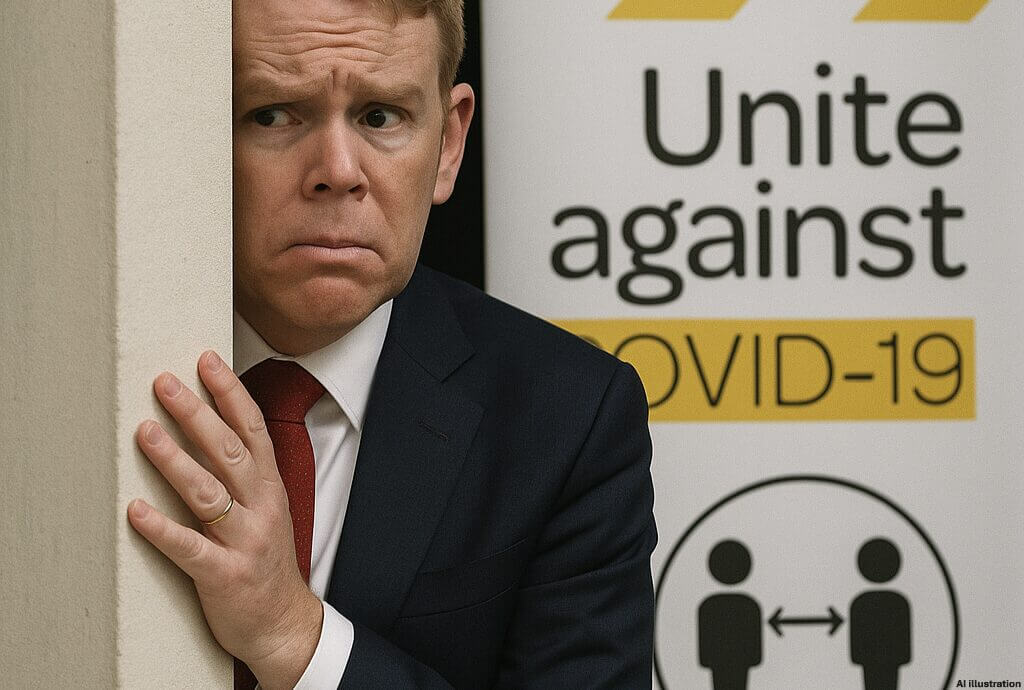Summarised by Centrist
The government’s plan to deregulate genetically modified organisms (GMOs) could have serious consequences for farmers, warns UCLA professor and sustainability advocate David Williams.
Williams, a professor of ophthalmology and neurobiology, argues that deregulation lacks strong scientific or economic justification—and could endanger food safety and New Zealand’s premium export markets.
A specialist in gene therapy, Williams acknowledges advancements in genetic modification but warns: “They still carry the risk of unintended changes, making alterations to other genes in addition to the targeted gene.” These unpredictable effects, he argues, make strong regulation essential.
Yet the government is proposing to remove regulations on gene editing and GMO testing, meaning no specific safety tests, no legal liability for cross-contamination, and no safeguards for separating GMO and non-GMO crops in supply chains. Williams calls this reckless, particularly when “we continue to be presented with frequent surprises” in genetic research—surprises, he insists, that should remain in the lab.
Beyond safety concerns, he sees deregulation as a market risk. He points to the growing popularity of Non-GMO Project certification in the US, where even organic food producers seek additional verification to meet consumer demand. “GMO-free verification has a marketing value that is worth paying for,” he notes, warning that New Zealand’s global reputation for clean, premium food could suffer if GMO crops spread.
Williams argues that deregulation is driven by “pie in the sky” promises, distracting from practical, non-GMO solutions for pest control and farm productivity.



















